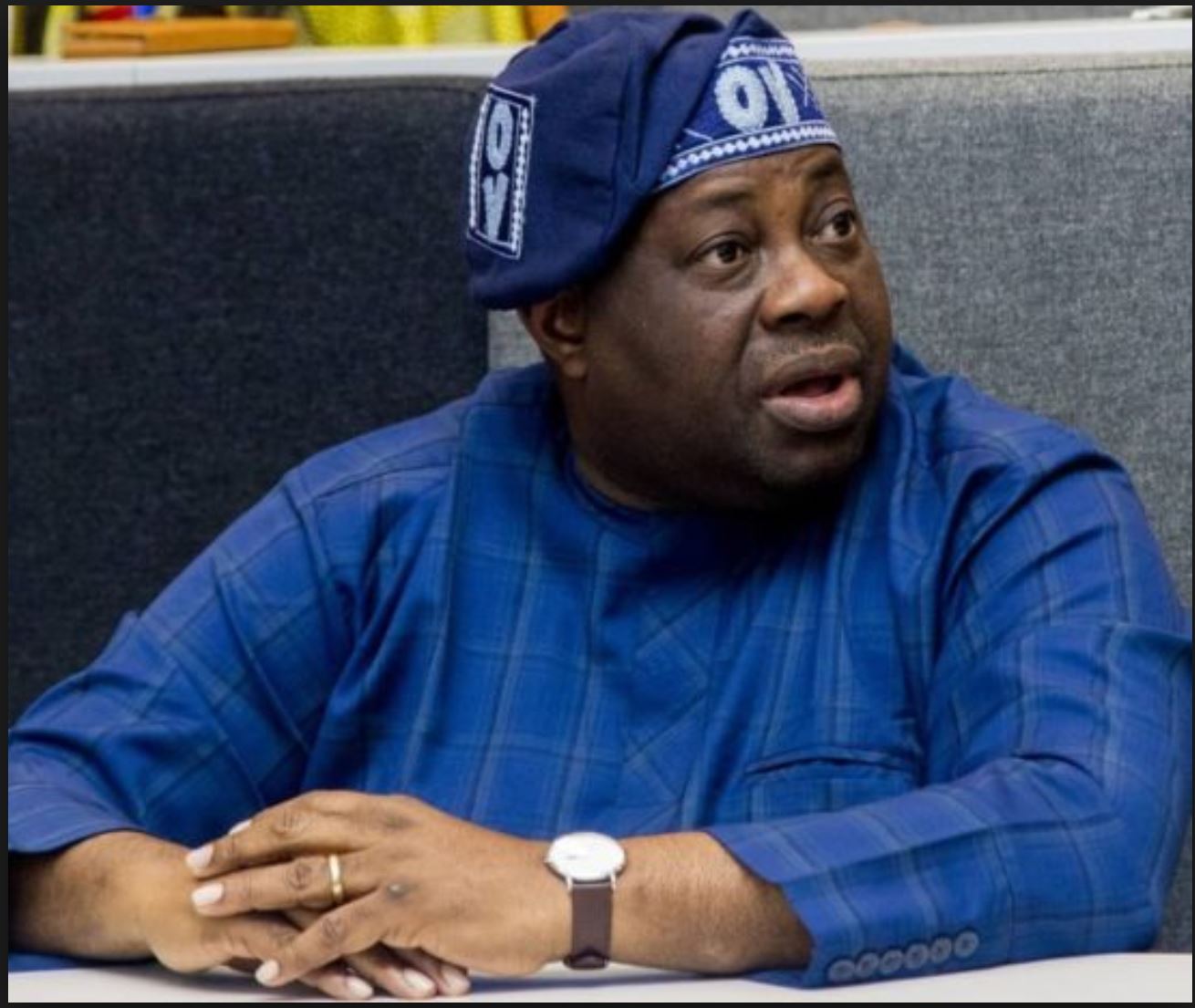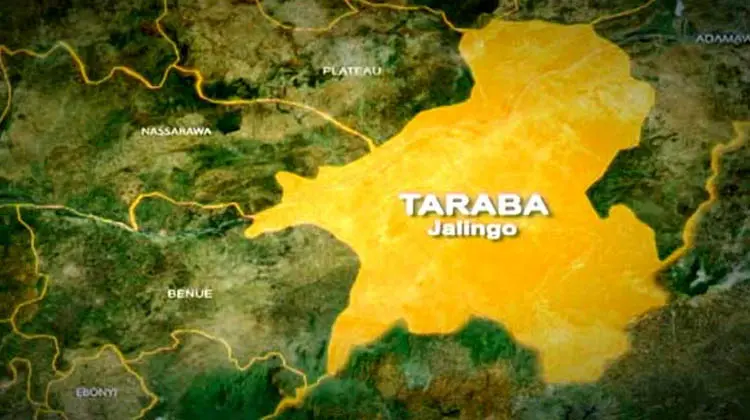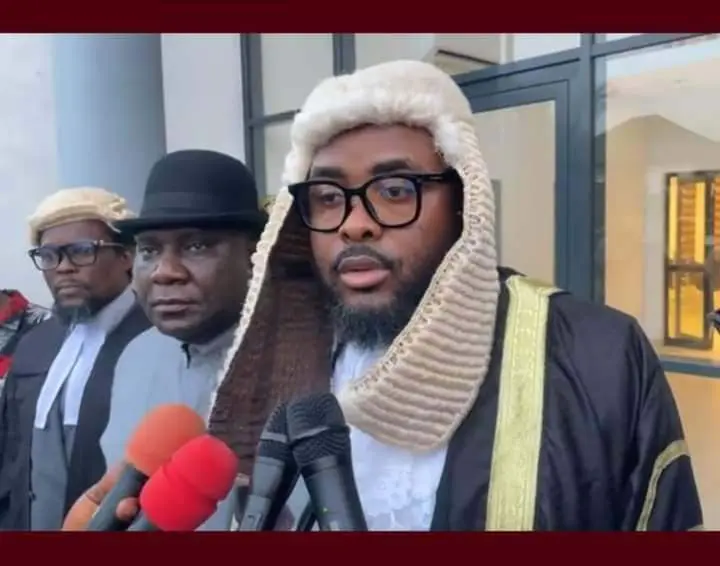
The Federal High Court in Abuja has dismissed a lawsuit filed by a Coalition of Northern Groups seeking the expulsion of Igbos from the Southeast region of Nigeria, according to Justice Inyang Edem Ekwo. The plaintiffs’ persistent absence from court proceedings and lack of legal representation caused the judge to reject the legal action, which was started by a group of Northern politicians and elders led by Nastura Shariff, Balarabe Rufa’i, Abdul-Aziz Sulaiman, and Aminu Adam.
ZINGTIE reported that none of the plaintiffs appeared in court and weren’t represented by legal counsel throughout the proceedings. After thoroughly reviewing the case file, Justice Ekwo discovered that the Northern groups had no legal representation and had not attended court proceedings since 2022.
The judge found in a brief ruling that the plaintiffs had abandoned their lawsuit, which resulted in the case being dismissed for lack of diligent prosecution.
The Northern group had filed a legal action urging the Speaker of the House of Representatives and the President of the Senate to make it easier for the Southeast region to leave Nigeria. They stressed that this action must be finished before finalising changes to Nigeria’s 1999 Constitution. A group of Northern politicians and elders filed the lawsuit with case number FHC/ABJ/CS/538/2021, requesting secession.
The group contended in their lawsuit that permitting the Igbo people to break away from Nigeria would help put an end to the violence and destruction in the Southeast and avert a repeat of the 1967–1970 Civil War, which claimed a lot of lives and property. Additionally, they said that this choice would aid in putting an end to the disturbances spearheaded by Nnamdi Kanu’s Indigenous People of Biafra (IPOB).
The group asked for a proclamation allowing the southeast region to decide on self-determination through a referendum, among other requests. Before taking any further action to change the Federal Republic of Nigeria’s constitution, they urged the court to instruct the competent authorities to provide a framework for the self-determination of the southeast states.
ZINGTIE claims that the plaintiffs stressed that the Federal Republic of Nigeria’s constitution was subject to additional amendments once Nigerians had settled the issue of self-determination.
Please don’t forget to “Allow the notification” so you will be the first to get our gist when we publish it.
Drop your comment in the section below, and don’t forget to share the post.






